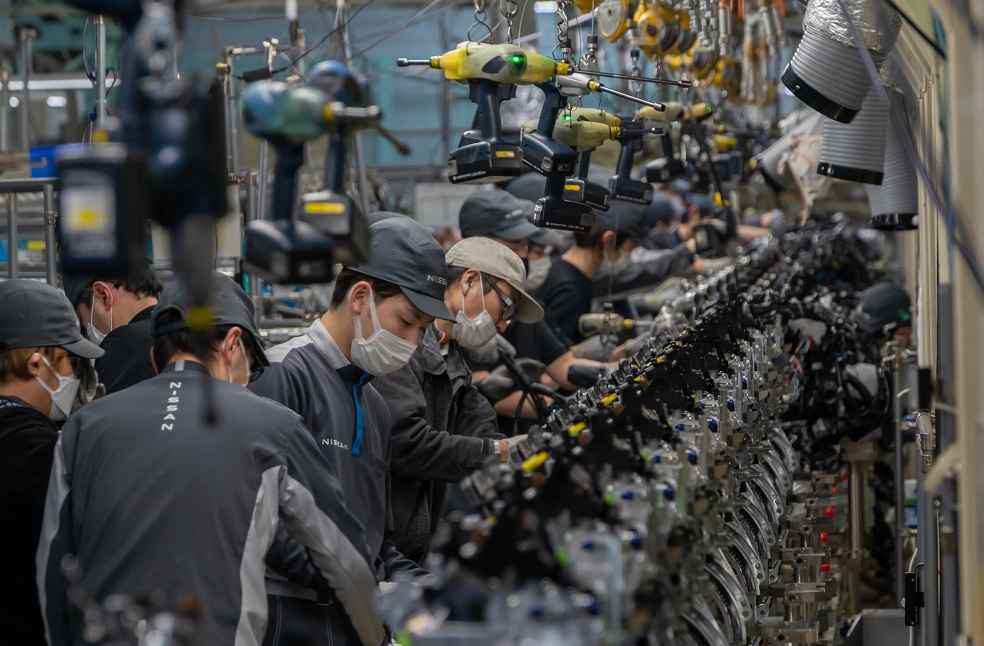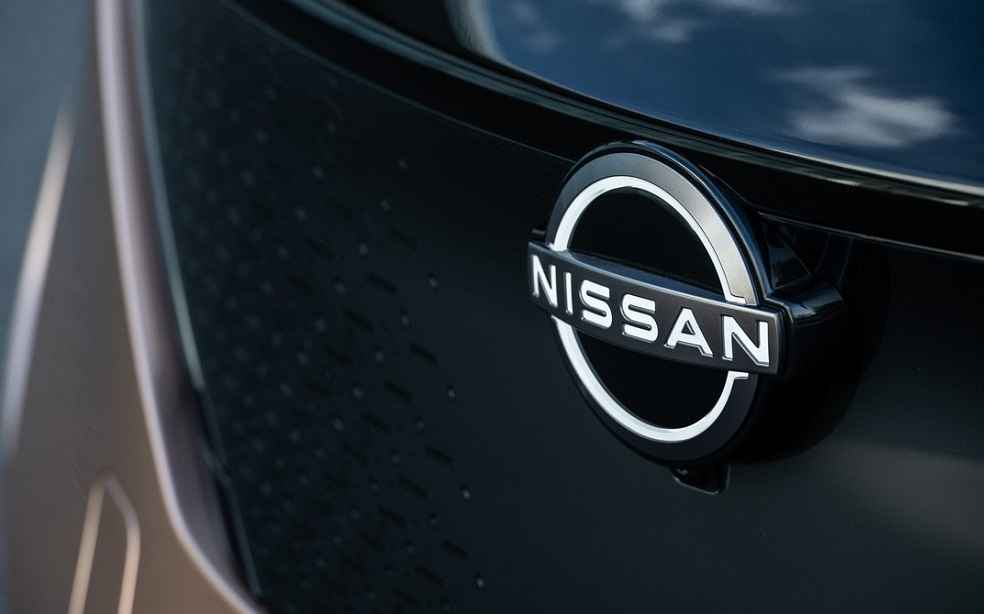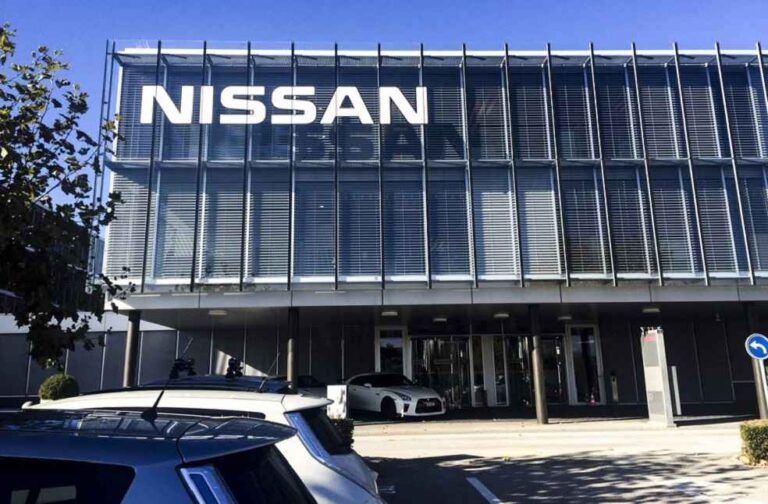Nissan Motor has decided to discontinue its plan to establish an electric vehicle battery manufacturing facility in Japan. In January, the automaker declared that it had obtained approval to build a lithium iron phosphate (LFP) battery production facility in Kitakyushu, southern Japan. Despite the formal authorization from the Ministry of Economy, Trade, and Industry (METI), Nissan has now decided not to move forward with the project.
In an official statement, the company reported that it is implementing urgent recovery measures and evaluating all possible strategies to improve its performance. Following a thorough assessment of investment efficiency, the brand has opted to cancel plans for the construction of new LFP battery plant.

Nissan had planned to integrate the batteries into its mini vehicles beginning in 2028 as part of a broader investment exceeding $1 billion (153.3 billion yen). The company was also set to receive up to 55.7 billion yen ($384 million) in government funding to aid in the development of a domestic supply chain.
Japan’s Ministry of Trade and Industry (METI) estimated that the planned production capacity would have reached approximately 5 gigawatt-hours (GWh). The EV battery initiative was expected to generate around 500 new jobs.

Nissan is experiencing declining sales in major markets such as China and North America. The company projects a net loss of up to 750 billion yen ($5.2 billion) for the fiscal year ending in March 2025.
The planned LFP battery facility was anticipated to reduce Nissan’s EV battery costs by 20% to 30%, with a projected annual production capacity of up to 5 GWh.
GENERAL | Volvo Recalls Multiple Models in U.S. Over Rearview Camera Fault





